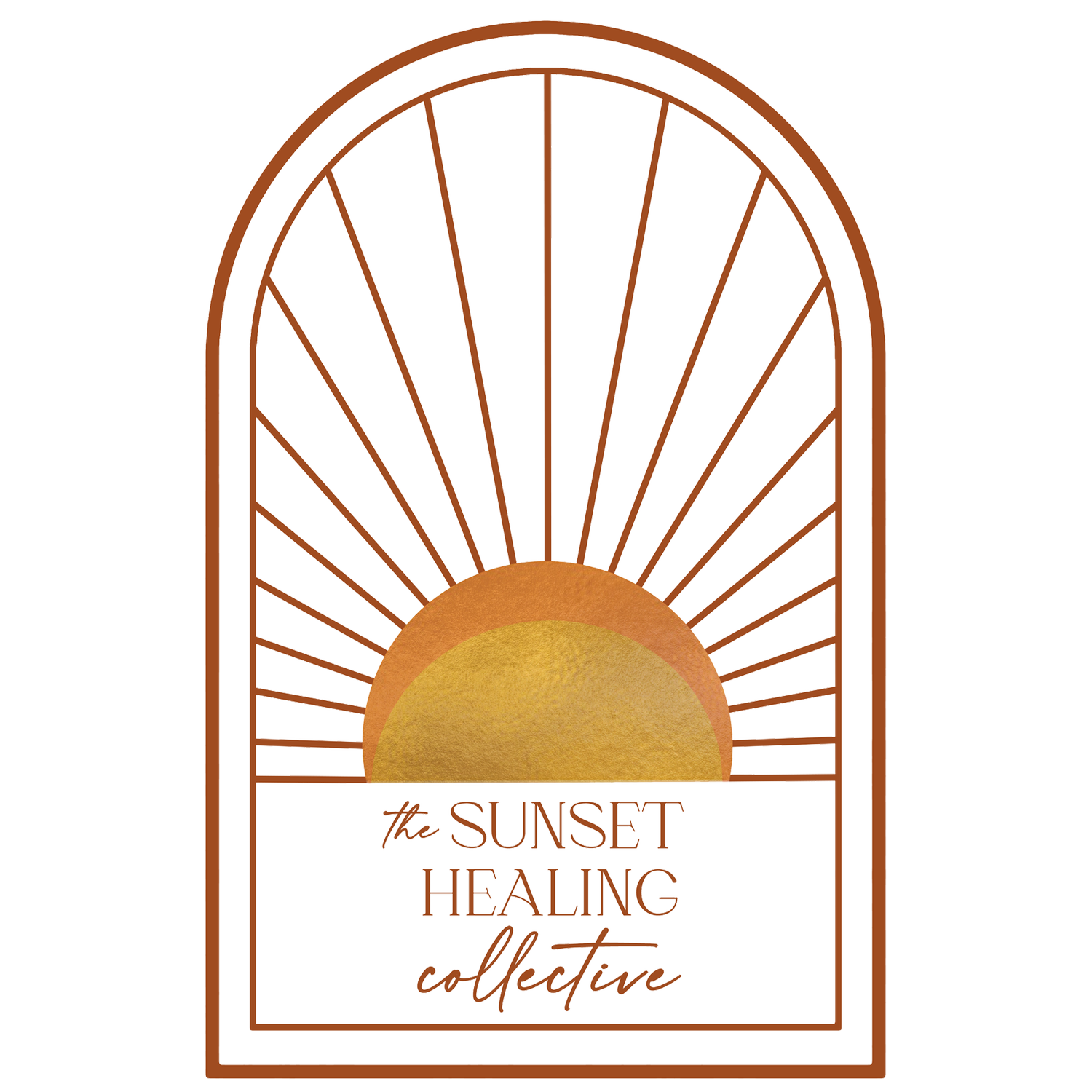Seasonal allergy symptoms: natural relief without drugs
I was enjoying a nice picnic in the park last week with my kids when we were assaulted by a fast moving, dust spewing, grass grooming monster (aka a lawnmower). It only took about 2 minutes before my eyes were itching, my throat was scratching and I was sneezing up a storm, almost as furious as the dust cloud billowing around our picnic spot. We made a hasty retreat from the park back to the house, but the damage had already been done for myself and my youngest daughter Jojo.
For the remainder of the afternoon the two of us were a hot mess of seasonal allergy symptoms, feeling irritated and itchy.
Fortunately for both of us, I know what steps to take to naturally alleviate allergies; whether it’s an acute environmental flare up or a more chronic issue. Naturally quelling inflammation, flushing histamines and avoiding inflammatory foods was my self-prescribed therapy, and it worked like a charm.
Allergies are the result of an inappropriate response from your immune system: normal environmental stimuli stress the immune system and trigger a hyperactive histamine response.
The seasonal allergy symptoms are the result of histamines
Inflammation, swelling, sneezing, itching, rashes and the discomforts typically associated with inflammation.Histamines are part of a normal immunological response, however, for people with allergies, histamines are over-produced.
Recently, while enjoying dinner at a friend’s house, we were discussing a dietary protocol she is doing for symptoms related to digestive issues. Her protocol involves elimination of many foods, including those high in histamines. I must have looked a deer in the headlights because it took me a minute to connect all of the dots between her digestive issues and what I understand about the roll of histamines throughout the body.
Histamines can trigger migraines, cause digestive sensitivities, and affect the eyes, sinuses, lungs, and skin.
Other than seasonal allergy symptoms, one way to assess whether you have histamine sensitivity is to notice whether eating foods high in histamines triggers a reaction anywhere in the body.....could be bloating, headaches, fatigue, gas, indigestion, changes in body temperature and the list goes on. But if you are struggling through late summer seasonal allergies, skip the prescriptive and OTC anti-histamines if you can, because there are natural ways you can take to feel better fast.
Here are 5 steps you can take at home to down-regulate your seasonal allergy symptoms
Calm nasal and eye symptoms. Nasal irrigation or a neti pot are tremendously helpful in clearing the nasal passages of irritants. For my daughter, I use a kid-friendly saline wash. For myself, I use a neti pot with a mild solution of sea salt and warm water (filtered or distilled). For irritated eyes, flush them with water, apply a cool rag over the eyes or cucumber slices work well too.
Flush histamines. Drink plenty of water. Water helps your body flush histamines. Taking a supplement called Quercetin is also a great way to decrease circulating histamine levels.
Avoid foods naturally high in histamines. Anything fermented or aged or cured: beer, pickles, sauerkraut, wine, chocolate, processed meats, aged cheeses, yogurt, kefir, kombucha, vinegar. Tomatoes, arugula, spinach and strawberries are also histamine producing.
Deal with the underlying issue: stress. I have had great success in helping patients improve immune function by regulating the HPA axis (hypothalmic-pituitary-adrenal axis). When you are under stress, particularly chronic stress, whether it comes from work, home, or unhealthy lifestyle habits, the body’s stress regulatory system goes into overdrive causing a cascade of dysfunctional responses that affect everything from immunity to fertility to digestion. A regular stress-management practice like exercise and meditation will help. Acupuncture not only reduces the acute symptoms of allergy inflammation, it is also an incredible tool to calm stress and should be incorporated into any stress management program.
Heal the gut. Avoid foods that cause inflammation of the digestive system like refined foods, sugar, vegetable oils and gluten. In TCM there is a direct link between the digestive system and sinuses. Scientists are finally catching up with Chinese medicine theory and proving us right! Researchers are finding our modern American chronic health problems to be directly linked with the microbiome, the colony of microrganisms living in our digestive tract responsible for keeping us healthy. So far research has found links between microbiome health and chronic conditions such as diabetes, heart disease, allergies, irritable bowel dysfunction, autoimmune diseases, cancers, obesity and mood.
If you struggle with seasonal allergies, acupuncture is a wonderful tool to help reduce inflammation, histamines and alleviate sinus issues. Don’t suffer any longer, book online now!

